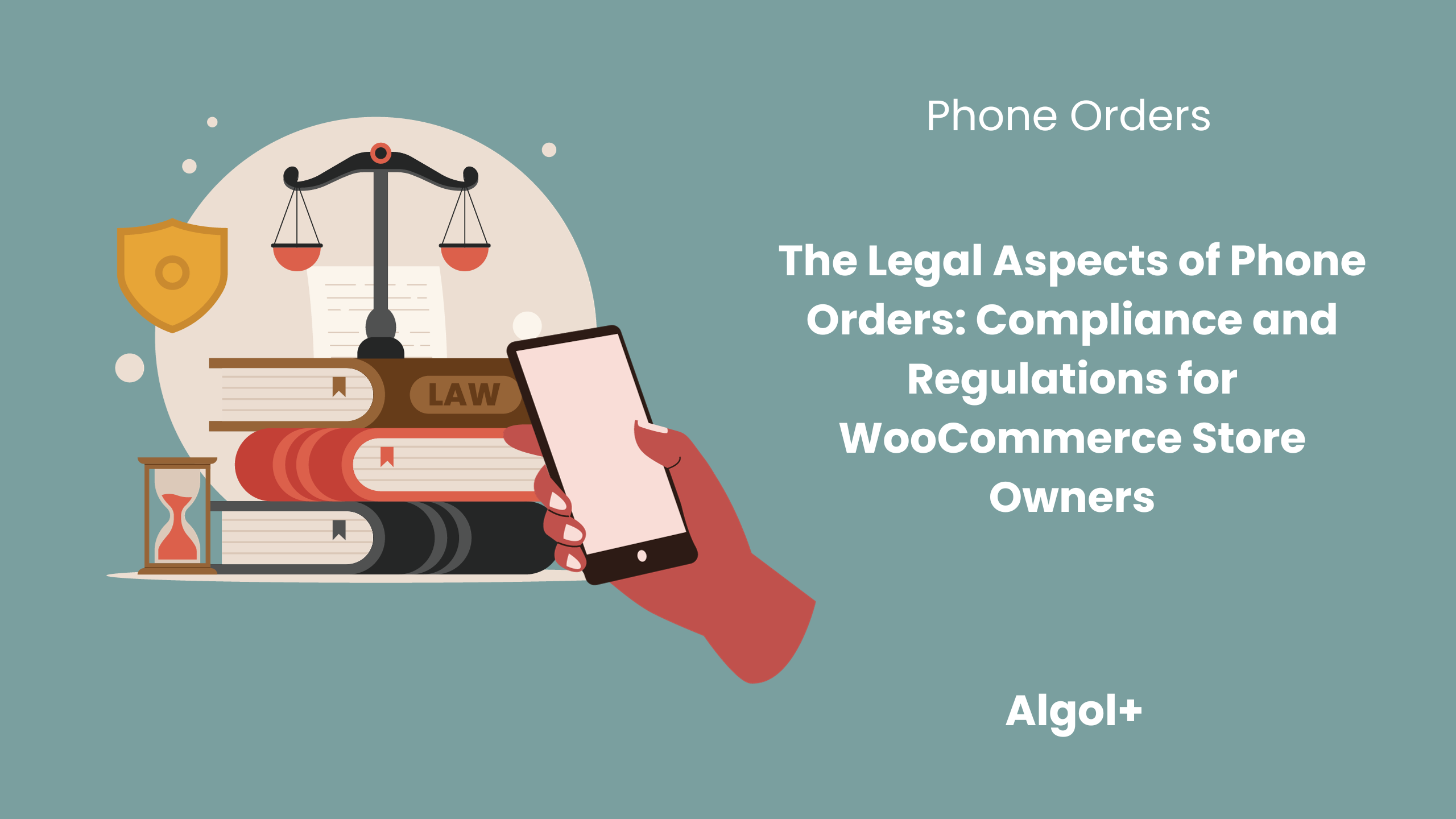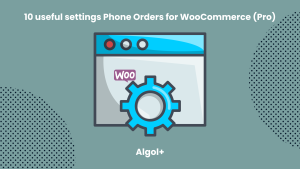The Legal Aspects of Phone Orders: Compliance and Regulations for WooCommerce Store Owners
Table of Contents
As a WooCommerce store owner, it is crucial to understand and comply with the legal aspects of phone orders. Phone orders, also known as telephone sales, refer to the process of purchasing goods or services over the phone. While phone orders can be a convenient and efficient way for customers to make purchases, they also come with a set of compliance and regulatory requirements that must be followed to avoid legal consequences.
Compliance with Data Protection Laws
One of the main legal aspects of phone orders is compliance with data protection laws. When a customer places an order over the phone, they are providing personal information such as their name, address, and credit card details. As a store owner, it is your responsibility to ensure that this information is handled and stored in a secure manner.
Under data protection laws, you must inform customers about how their data will be used and obtain their consent to use it for the purpose of processing the order. This includes clearly stating the purpose of collecting their personal information, how it will be used, and who it will be shared with. It is also important to have a privacy policy in place that outlines your data protection practices.
To comply with data protection laws, it is recommended to have a secure and encrypted system for storing customer information. This can include using a secure payment gateway and having a secure database for storing customer data. It is also important to regularly review and update your data protection practices to ensure compliance with any changes in regulations.
Compliance with Payment Card Industry (PCI) Standards
Another important legal aspect of phone orders is compliance with Payment Card Industry (PCI) standards. These standards are set by major credit card companies to ensure the security of credit card transactions. As a store owner, you are responsible for ensuring that all credit card information is handled and stored in a secure manner and that your payment processes comply with PCI standards.
To comply with PCI standards, it is recommended to use a secure payment gateway that is PCI compliant. This will ensure that all credit card data is encrypted and protected from unauthorized access. It is also important to regularly review and update your payment processes to ensure compliance with any changes in PCI standards.
Compliance with Telephone Consumer Protection Act (TCPA)
The Telephone Consumer Protection Act (TCPA) is a federal law that regulates telemarketing calls and text messages. This law requires businesses to obtain prior express written consent from customers before making telemarketing calls or sending text messages to their phone.
This means that you must obtain consent from customers before contacting them for phone orders. This can be done by having customers provide their phone number and checking a box to give consent to be contacted for marketing purposes. It is important to keep a record of this consent in case of any legal disputes.
State and Local Regulations
In addition to federal laws, there may also be state and local regulations that apply to phone orders. It is important to research and comply with any laws or regulations that may apply to your specific location. This can include licensing requirements or restrictions on telemarketing and automated calls.
It is also recommended to have a written policy in place for phone orders that outlines your compliance with all applicable laws and regulations. This can help protect your business in case of any legal disputes.
To stay in compliance with all applicable laws and regulations, you need to take these issues seriously. The development of mobile commerce is generating great interest in recent years. As a store owner, it is important to have a good grasp of all relevant regulations and industry practices. In the end, you must stay on top of the latest trends so that you are in compliance with all laws and regulations.



